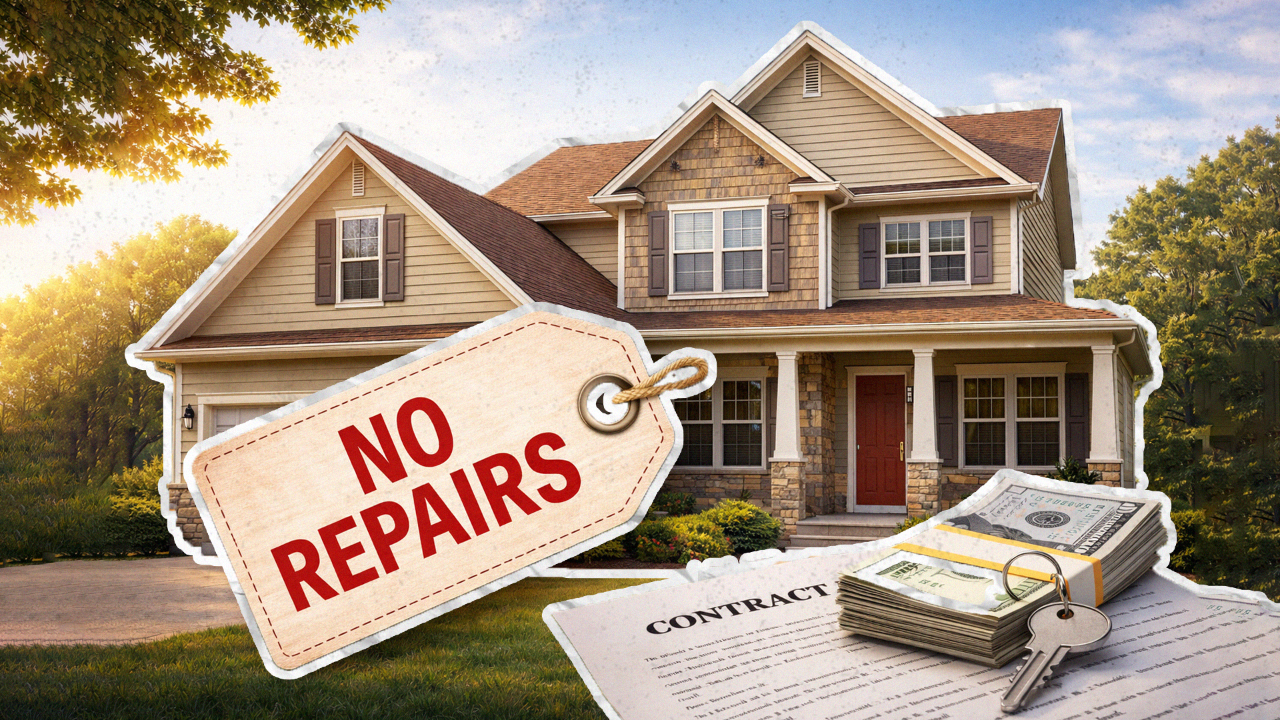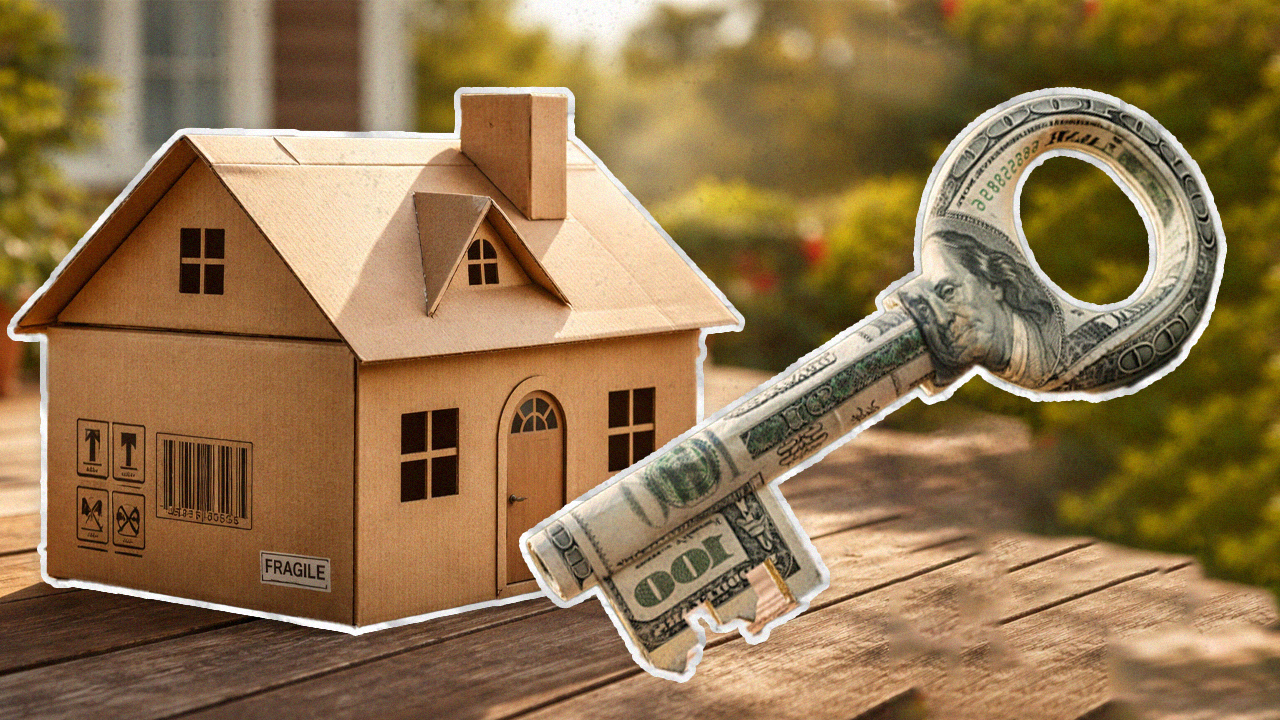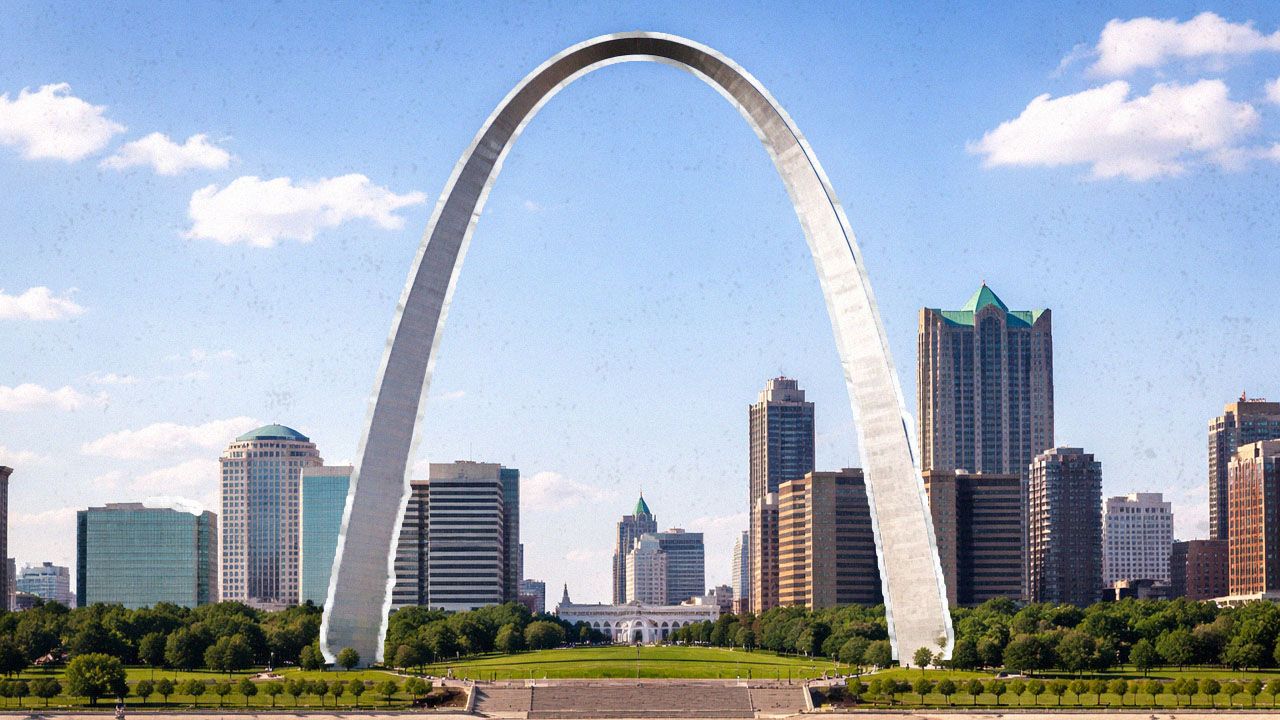Disaster Gentrification: The Aftermath of St. Louis’ Tornado
Sep 05, 2025
Written by David Dodge
On May 16, 2025, an EF-3 tornado, a mile wide, ravaged St. Louis, Missouri, as part of a 48-hour spree of 60 tornadoes across several states, killing 26 and injuring 168. DeAmon White endured a three-hour trek home through debris, only to find his house’s back wall gone, windows shattered, and possessions ruined. His mother, Bobbie, nearby, lost the third floor of her 1901 brick home, though her garden survived the 150 mph winds.
Despite their losses, the Whites felt fortunate compared to a neighbor injured by a flying pole. But the next morning, at 8 a.m., DeAmon received calls from real estate speculators—termed “vultures” by the family—offering to buy his damaged home. For two weeks, he faced daily calls, texts, and flyers pressuring him to sell.
Disaster Gentrification Unfolds
This practice, known as “disaster gentrification,” involves investors targeting disaster-hit areas to buy properties at low prices. In St. Louis’ West End, where 63% of renters and 49% of homeowners are uninsured, homes are often the sole major asset. With delayed federal aid, cash offers can seem like a lifeline.
In Fairview, North Carolina, Gina Miceli received similar texts after Hurricane Helene’s landslides killed 15 neighbors. Messages like “Hey Gina, it’s Bella” felt overly familiar and predatory. In Altadena, California, post-Eaton Fire, LLCs like Ocean Development Inc. bought half the homes in Black neighborhoods.
A Pattern Rooted in History
Samantha Montano, who worked in New Orleans post-Katrina, saw speculators displace lower-income Black residents, shifting the city’s demographics over 20 years. Justin Stoler notes disaster gentrification’s rapid pace, exploiting immediate vulnerabilities. In St. Louis, pre-tornado gentrification signs included a barbershop turned trendy restaurant and a school converted to luxury apartments. Post-storm, “WE BUY UGLY HOUSES” signs surged, with Zillow listing damaged homes as “investment opportunities” (e.g., 4641 Maffit Avenue for $20,000).
Uninsured homes and “heirs’ property” issues, where titles are unclear, hinder recovery. Stacey Sanders, a realtor, notes these legal barriers delay FEMA aid and insurance claims, making lowball offers tempting. Missouri’s unregulated market worsens this, unlike Ohio and Pennsylvania’s new laws requiring wholesalers to disclose below-market offers.
Community Struggles and Resistance
Despite $30 million in NFL funds and FEMA aid (approved June 9, 2025, after a 15-day wait), 2,000 St. Louis households still need housing. Debris and boarded-up homes persist 100 days later. Community groups like The People’s Response, with 10,000 volunteers, provide aid, but recovery is slow. DeAmon, at his restaurant, Ozell’s Kitchen, expects his home to be unlivable until early 2026. His mother rejected an offer for two-thirds her home’s value.
St. Louis Mayor Cara Spencer paused real estate tax sales to curb “land grabs,” but pressure persists. Deserai Anderson Crow calls this a “predatory renting cycle,” where landlords buy cheap to rent out, not rebuild for residents. DeAmon urges resistance: “Don’t sell out if you can.”
Conclusion
The St. Louis tornado highlighted not just physical destruction but systemic inequities fueling disaster gentrification. Vulnerable residents, especially in uninsured or historically redlined areas, face predatory investors. Solutions like bridge funding and stricter regulations could protect communities. As climate-driven disasters grow, safeguarding places like North St. Louis from exploitation is critical to preserving their cultural and historical identity.
This article is adapted from a Grist report, published via Missouri Independent on September 3, 2025.
Ready to Buy or Sell in St. Louis? House Sold Easy Has You Covered!
Navigating St. Louis’ red-hot luxury market doesn’t have to be a headache. With House Sold Easy, it’s all about less hassle—we’ve got you covered from start to finish. Our St. Louis experts know every corner of this city and will make buying your dream home or selling your high-end property a breeze. Don’t miss out on the hottest market in the U.S.! Contact House Sold Easy today and let’s make your real estate goals happen!







